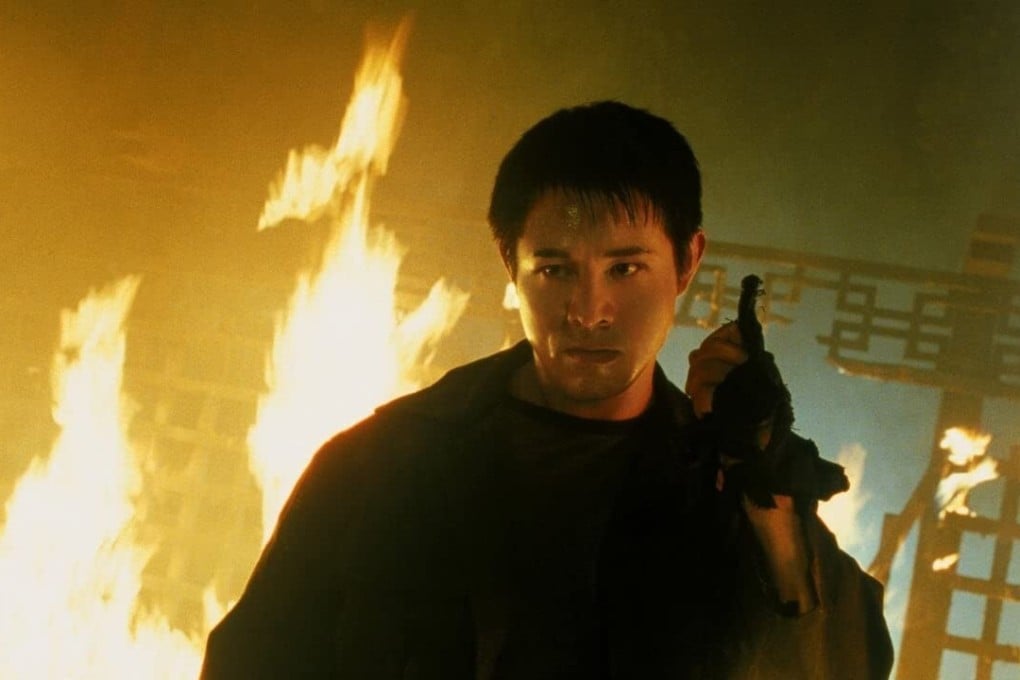Jet Li in Hollywood: how the martial arts superstar fared in America with films like Romeo Must Die and The One
- Li joined an exodus to Hollywood of Hong Kong movie talent in the late 1990s that included Jackie Chan, John Woo, and Chow Yun-fat
- He made enjoyable action movies such as Romeo Must Die, but never got the chance to show the full range of his kung fu skills or his acting chops there

Li did manage to establish himself in America, but he was never given roles that allowed him to fulfil his potential, either as a martial artist or actor. What’s more, the action and martial arts scenes in his US films do not come close to matching those of his Hong Kong films.
Li made his US debut in 1998, as a villain in Warner Bros’ Lethal Weapon 4, a continuation of the successful action franchise starring Mel Gibson and Danny Glover. His success in that film – market research apparently showed that he was a hit with female audiences as well as male viewers – led to his first leading role, in the custom-made action film Romeo Must Die.
Most of the differences in Li’s US work are the result of Hollywood’s different approach to action films. American action is generally choppier, more compact, and less aesthetically pleasing than action in Hong Kong films. In addition, US crews are simply not as experienced at shooting scenes containing martial arts performers as their Hong Kong counterparts.